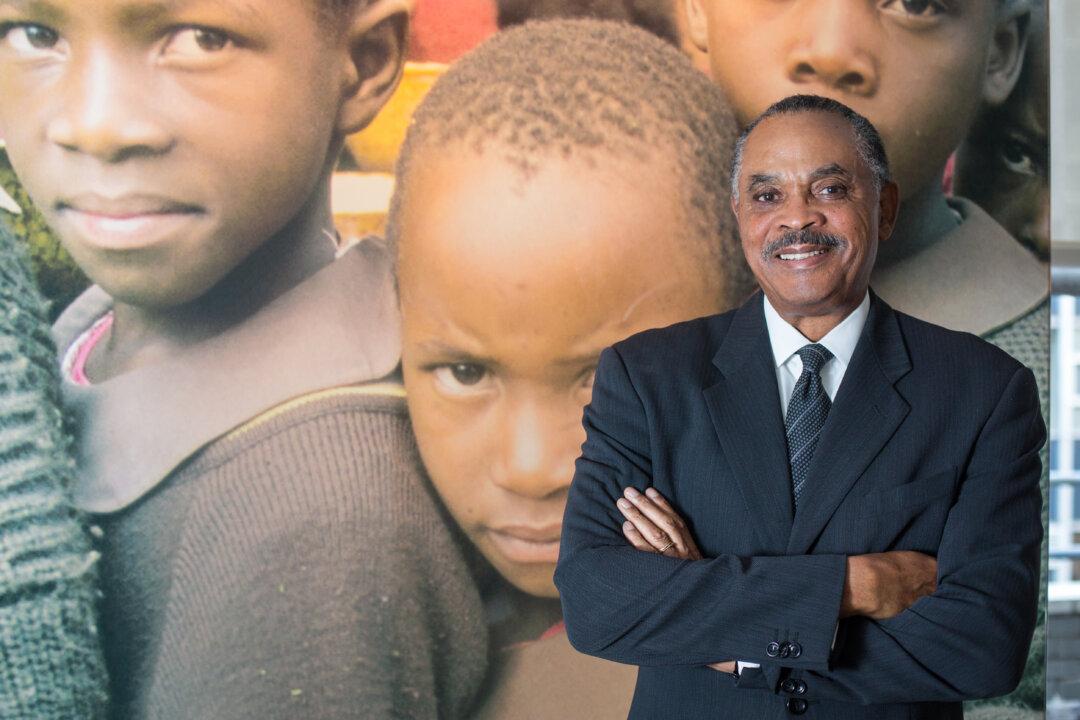NEW YORK—Children ask many questions, that’s how they learn about the world. Edward G. Lloyd, chief operating and chief financial officer of the U.S. Fund for UNICEF, is good at asking questions too—in fact, he never stops.
Sitting in his sunny office at the U.S. Fund for UNICEF in downtown New York, he explained the challenges he faces every day as a series of questions, all leading to the same objective—staying focused on UNICEF’s mission.
“How do I institutionalize the kinds of administrative, financial, governance, and monitoring practices to ensure that the organization has a good foundation?” he said.
In the past 11 years, UNICEF has kept to its financial operating principle of funneling 90 percent of donation money directly to helping disadvantaged children around the world. “On the operation side, that is the biggest issue,” Lloyd said.






